Type 1 diabetes symptoms
Recognize the early warning signs of type 1 diabetes
What are the symptoms of type 1 diabetes?
Warning signs of new-onset type 1 diabetes (T1D) often appear suddenly and require immediate attention.
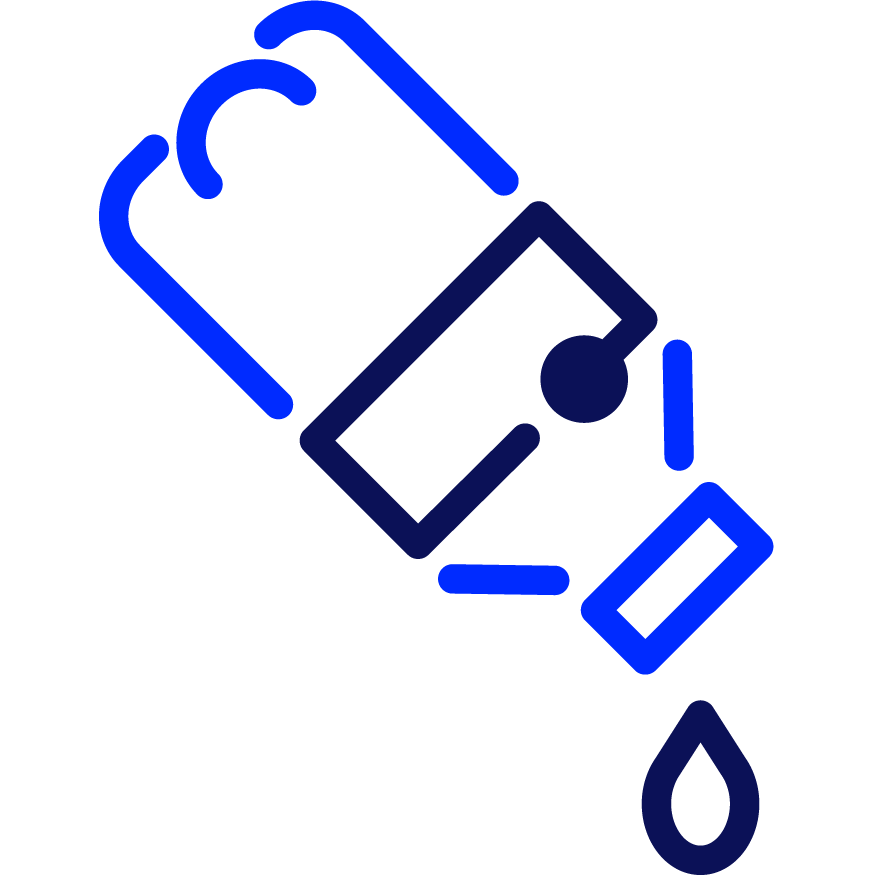
Extreme thirst (polydipsia)
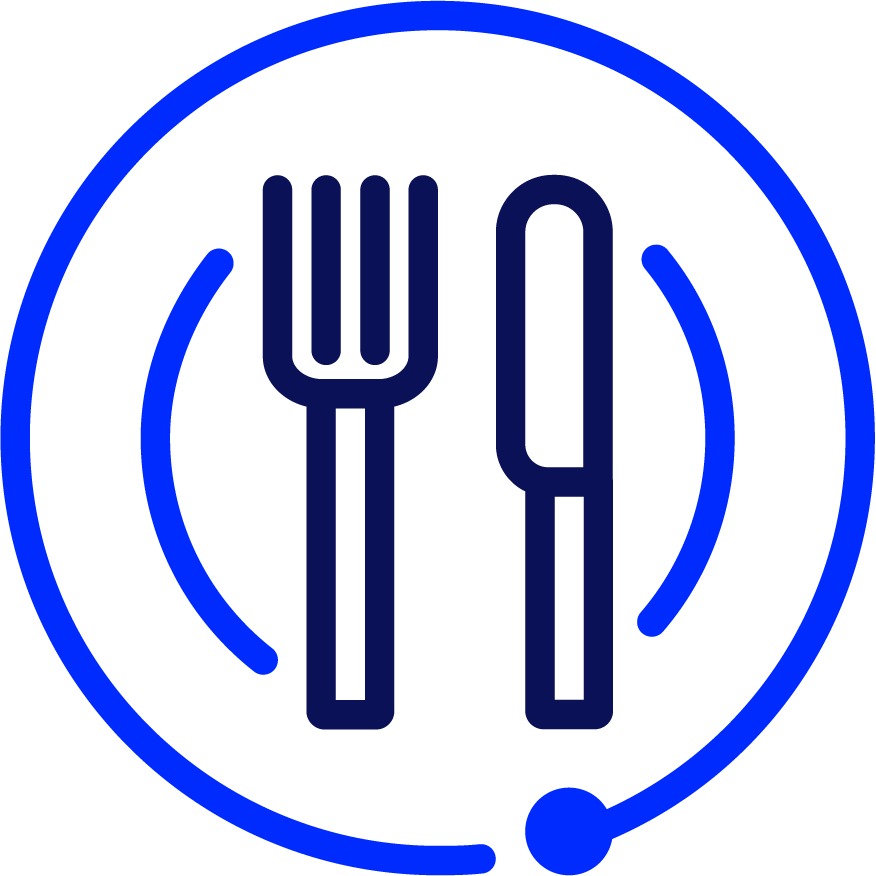
Increased appetite
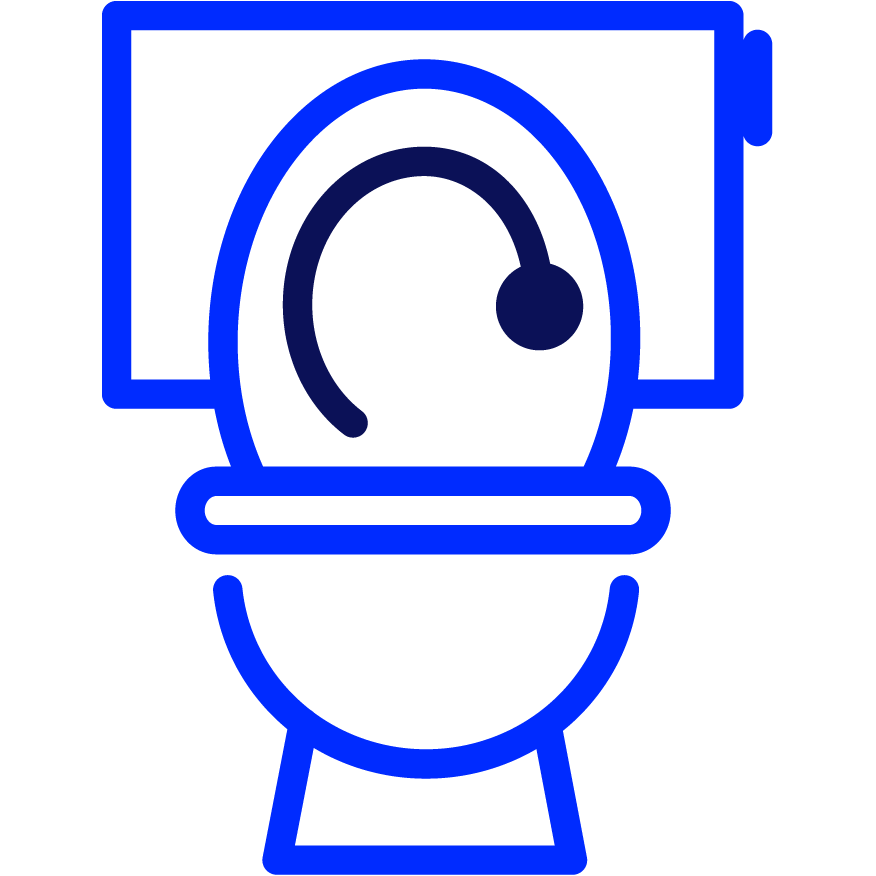
Frequent urination (polyuria)
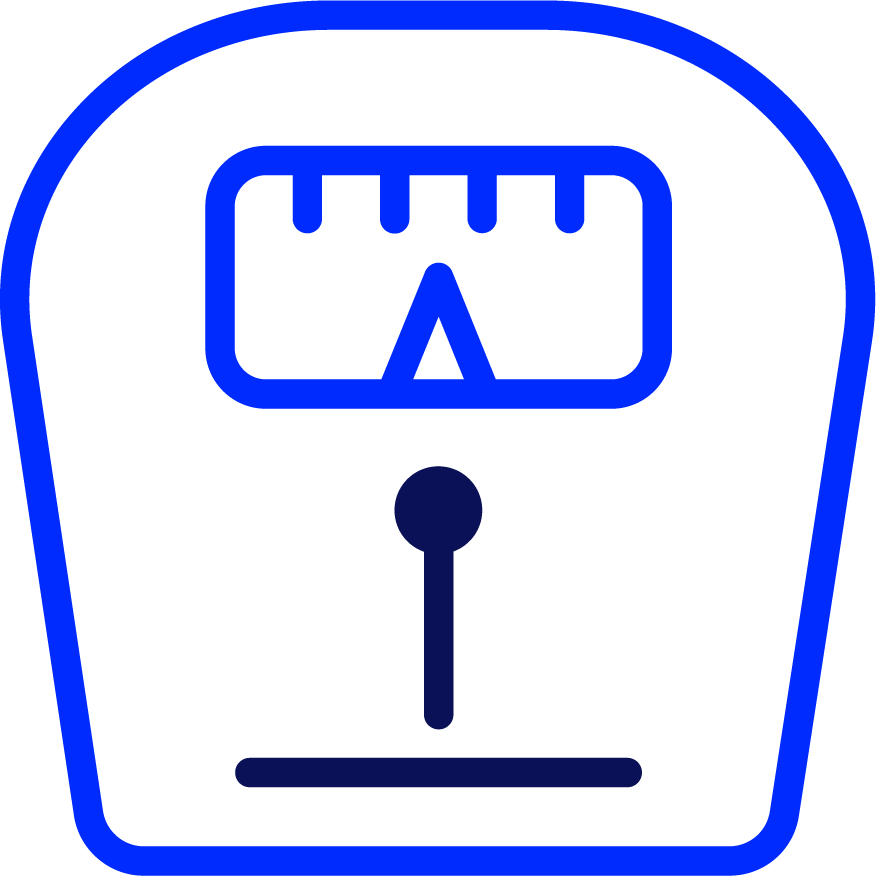
Unexplained weight loss
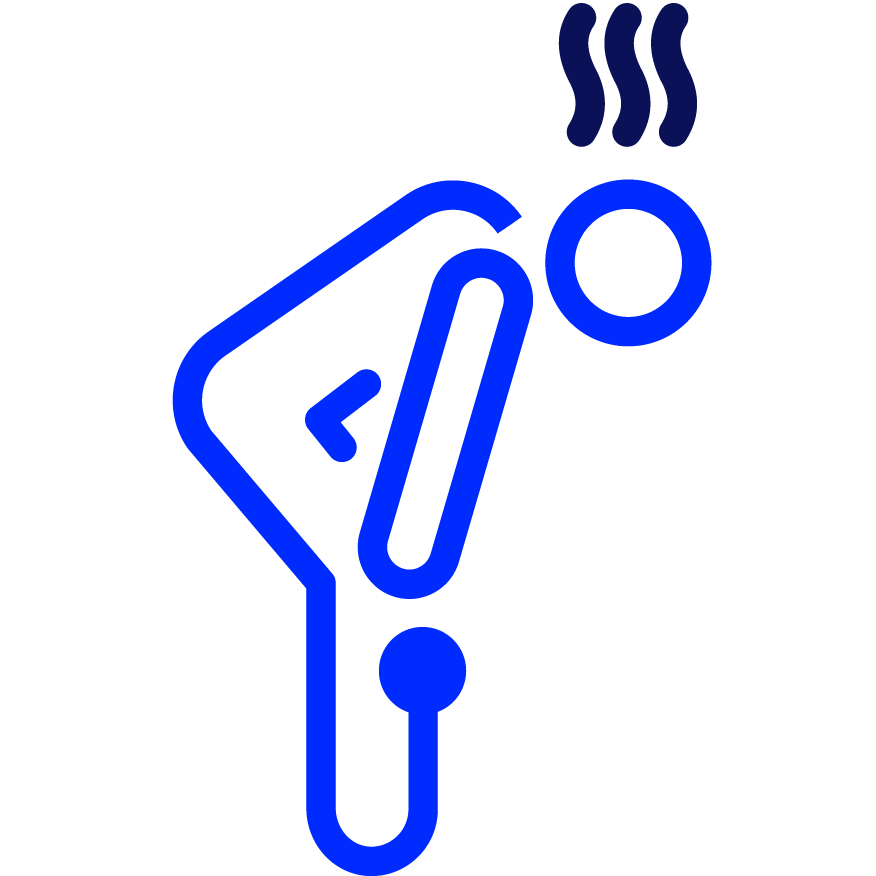
Heavy or labored breathing
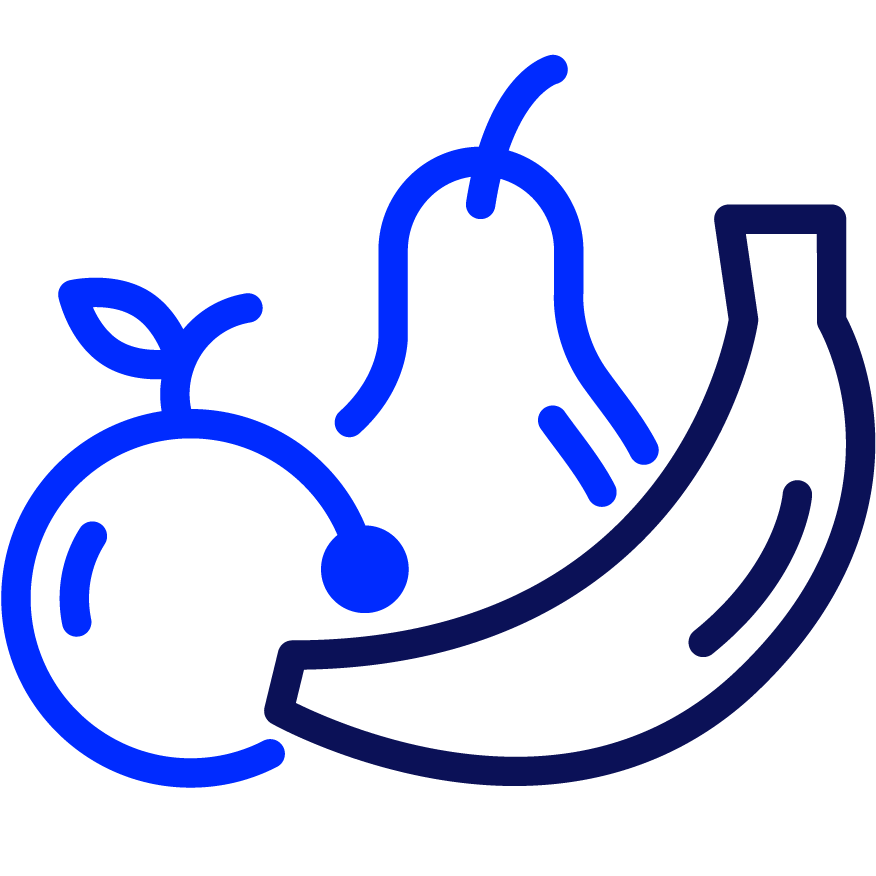
Fruity odor on the breath
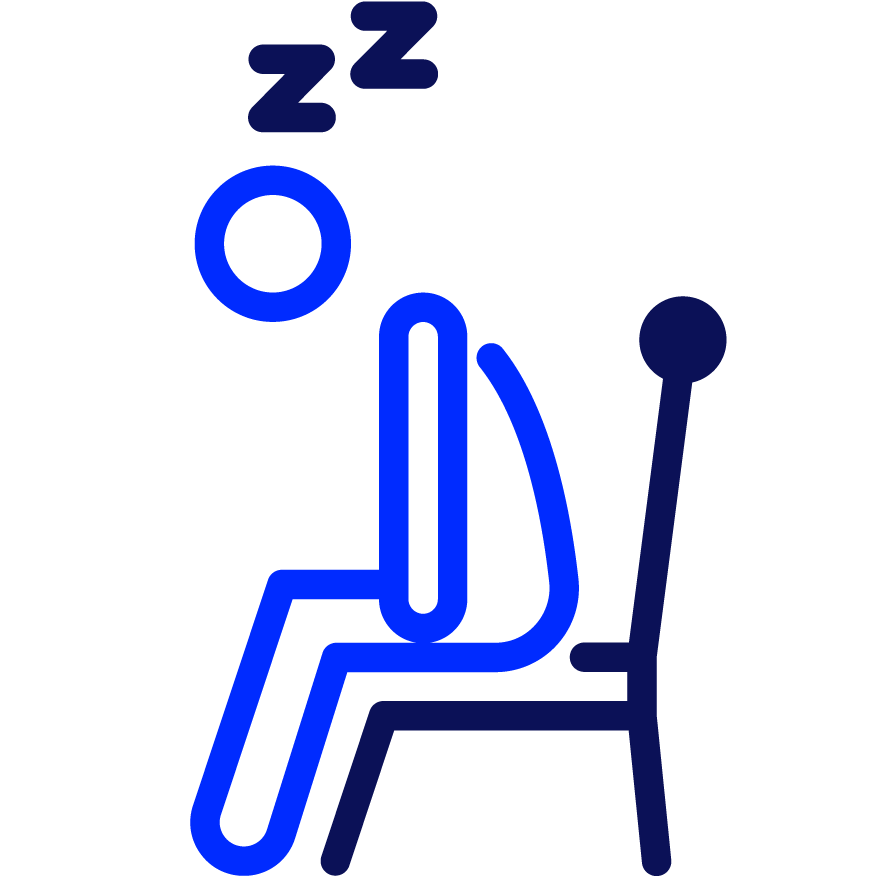
Drowsiness or tiredness
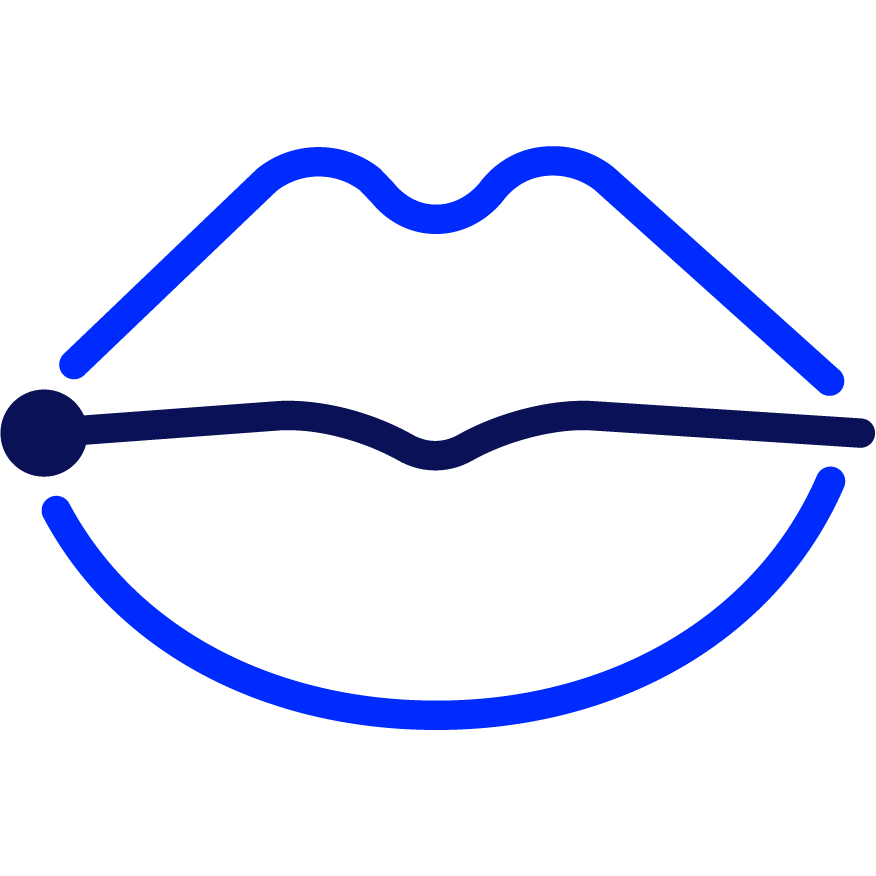
Dry mouth and itchy skin
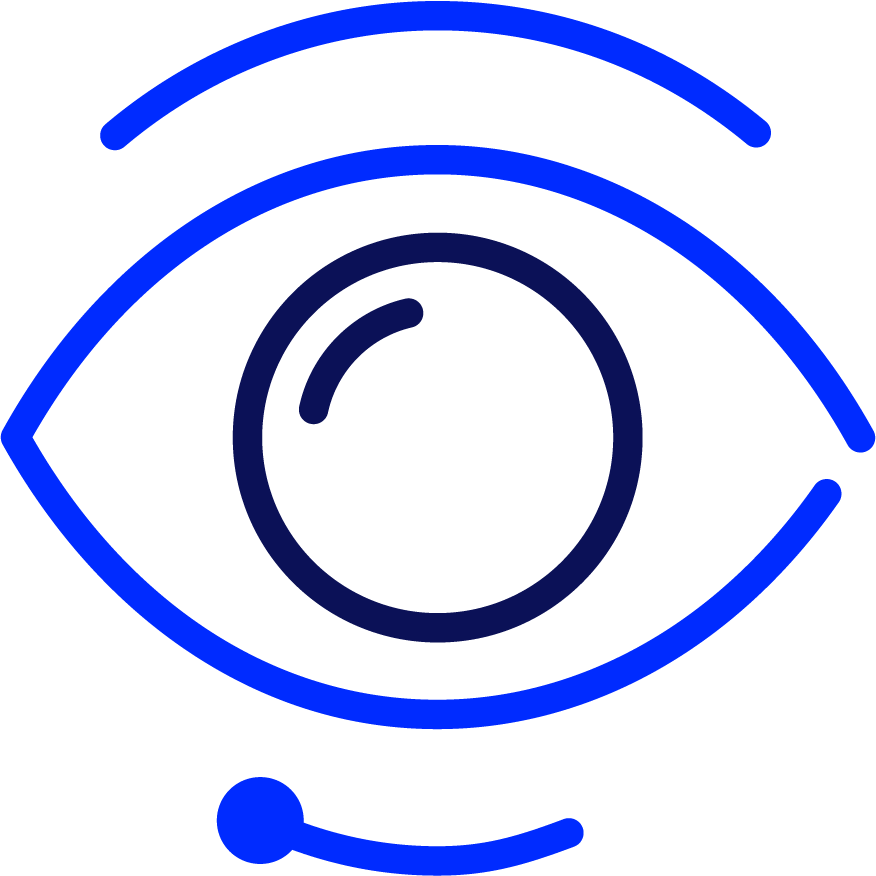
Sudden vision changes
Learn more about type 1 diabetes symptoms
Extreme thirst (polydipsia)
Extreme thirst is caused by frequent urination as the kidneys attempt to filter sugar out of the bloodstream.
Increased appetite
Without insulin, your body can’t convert the carbs you eat into energy. Because your cells can’t get energy from food, your brain sends out hunger signals. Increased appetite is most common in children with undiagnosed T1D.
Frequent urination (polyuria)
Polyuria is frequent—and often in large amounts—of urine. When your blood sugar is over 180 mg/dL, your kidneys work to filter it out of your system. This requires fluid to flush it from your system, which can lead to extreme dehydration and increased thirst.
Unexplained weight loss
Unexpected weight loss is often a sign your body can’t get adequate energy from the carbohydrates in the food you eat and is breaking down fat for energy.
Heavy or labored breathing
High blood sugar can cause a buildup of ketones, which leads to too much acid in the blood. The body tries to remove carbon dioxide, an acid, from the body by increasing respiration. Heavy or labored breathing occurs when ketones are building up to dangerous levels in the blood and is a sign that emergency care is required.
Fruity odor on the breath
Fruity-smelling breath is a sign of a buildup of ketones in the blood.
Drowsiness or tiredness
One of the more common type 1 diabetes symptoms is fatigue. Being constantly tired may be a sign that the body is having trouble turning sugar in the bloodstream into energy.
Dry mouth and itchy skin
If your body is dehydrated, even for a short period of time, dry mouth and itchy skin can occur.
Sudden vision changes
Excess glucose in the body can lodge in the lens of the eye, which sometimes causes blurred vision.
Learn more about blood sugar
Having too much sugar in your blood is called high blood sugar, or hyperglycemia. Get more information about the symptoms and treatment of high blood sugar.
Having too little sugar in your blood is called low blood sugar, or hypoglycemia. Get more information about the symptoms and treatment of low blood sugar.
Type 1 diabetes symptoms in children
Children with type 1 diabetes often have the following symptoms:
- Increased thirst
- Increased urination or bedwetting
- Increased hunger
- Fatigue
- Weight loss
- Others associated with DKA in later stages (e.g., stomach pain, vomiting)
Diabetic ketoacidosis (DKA)
Diabetic ketoacidosis, or DKA, is a medical emergency and must be treated immediately.
DKA happens when your cells can’t get fuel from the sugar in your blood and break down fat instead. This creates ketones, which are acids produced in your liver and released into your blood when your body breaks down fat for energy. When ketones build up, it leads to too much acid in the blood (acidosis).
The risk for ketones and DKA is higher during illness and when insulin doses are missed, or infusion sites are occluded. Insulin is essential to help the body clear ketones.
Signs of DKA
- Ketones in the urine or blood
- Extreme exhaustion or fatigue
- Nausea, vomiting, or abdominal pain
- Difficulty breathing
- Fruity odor on the breath
- Confusion or difficulty paying attention
- Loss of consciousness
Be prepared to check for ketones
It is important to have a way to check for ketones, either using urine test strips or blood test strips with a ketone meter.
- Have a blood or urine ketone test kit on hand.
- Check expiration dates on kits and discard expired test strips.
- Read the package when there isn’t an emergency to learn how to use it. Ask your diabetes educator for support.
- To make sure you understand the instructions, do a sample check-in consultation with your healthcare team during a clinic visit.